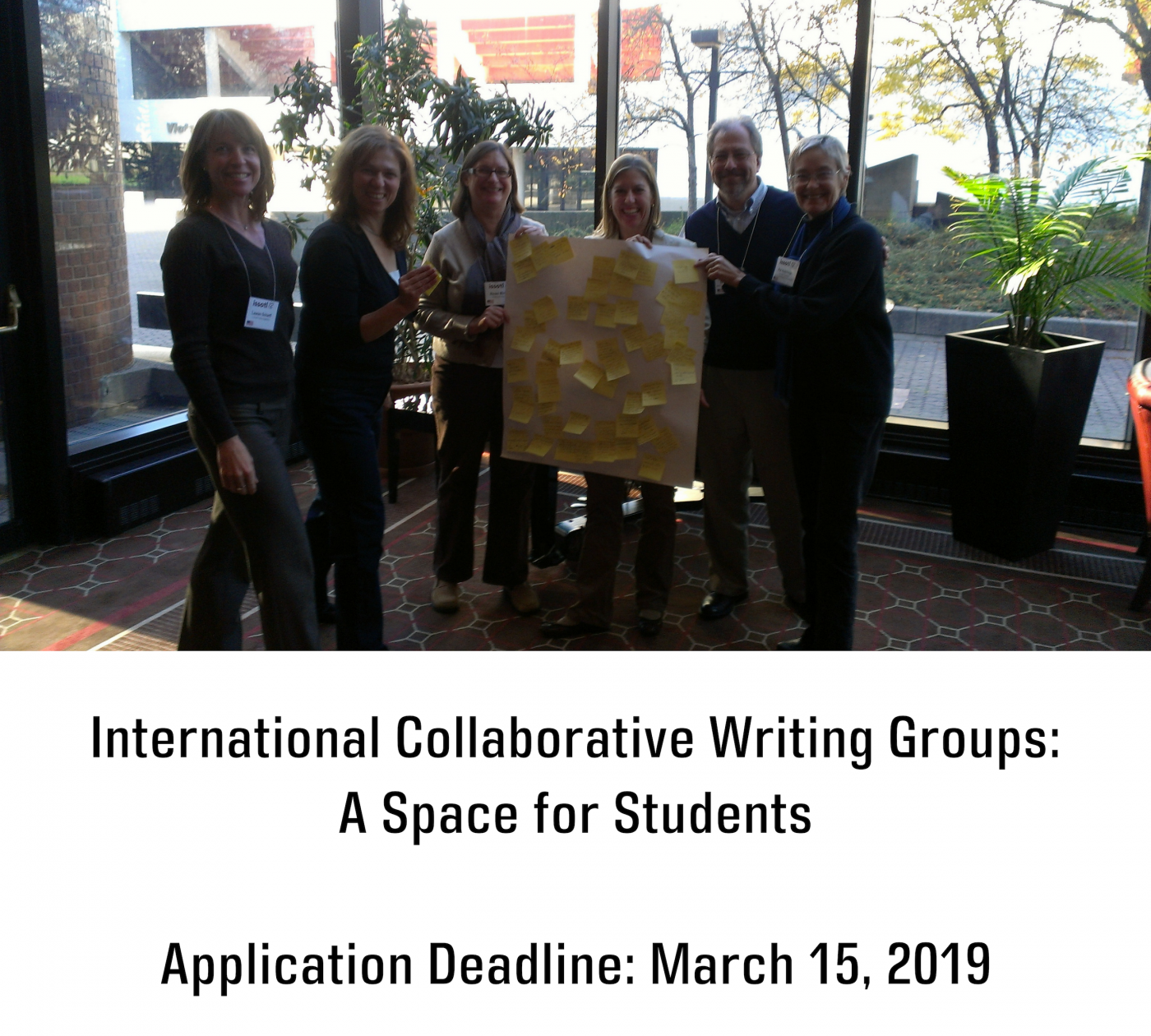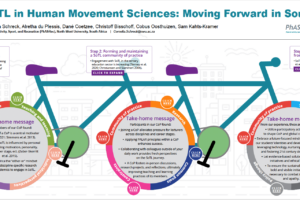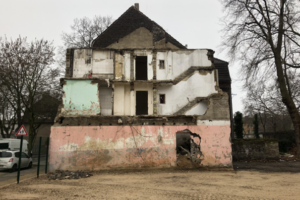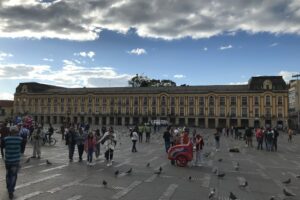
International Collaborative Writing Groups: A Space for Students
- Posted by ISSOTL Admin
- Categories Blog
- Date March 18, 2019

by Sophia Abbot, ISSOTL Board of Directors Student Representative
On March 15th, applications to participate in ISSOTL’s International Collaborative Writing Groups (ICWG) are due! This year’s writing groups are unique in that they include a student-only writing group in addition to the regular student and faculty / staff groups. So why might students apply to join one of these groups? I spoke to Lucy Mercer-Mapstone, PhD., and Sam Lucie Dvorakova, two former ICWG student participants, to find out.
Why did you apply to participate in an ICWG?
Lucy: A staff member encouraged me to apply and I was keen to extend my international networks, learn more about different research methods, and be involved in something I had never even heard of before!
Sam: When I applied, I didn’t know anything about SoTL or ISSOTL… the ICWG sounded like a good way to explore this side of academia whilst being in a team of experienced colleagues. Furthermore, the presence of other students in the teams meant that I could build a peer network in a field that I haven’t been exposed to before.
What was the biggest benefit of participating?
Sam: The biggest benefit for me were the relationship I forged with my group mates, and the other members of ICWG.
Lucy: Learning to collaborate on an international scale with people from different disciplines, backgrounds, and places… It made me realise I had more valuable experience and knowledge than I thought I did.
What was it actually like? (i.e. commitment, how did you meet and plan, how did you write collaboratively?)
Lucy: We shared the design of the research and the data collection and separated writing responsibilities for different parts of the paper. My role, with another colleague, was to bring that all together at the end through editing which was a much bigger job than anticipated. My colleague, however, was on the same campus as me and so having the face-to-face meetings there was invaluable.
Sam: I had very few expectations of what it would be like, having never written a research paper like this before. In this way, the ICWG was like a friendly master-class. I learned new ways of dividing work when writing collaboratively, and lots of techniques for working online with international teammates. Despite being the student and least experienced of the group, my team always made me feel at ease and showed me that they valued my opinion.
What was a challenge for you?
Lucy: We had a lot of very busy people and some with diverging opinion on what was the ‘right’ way to do things… I think feeling like it took a very long time to make decisions and get going was a real challenge as was dealing with sometime uneven distributions of workloads when people got too busy to meet deadlines – but that are common challenge for any large-group collaboration. I also felt quite out of my depth in terms of the topic, but I did know a lot about the methods so contributed there instead.
Sam: My biggest challenge was breaking free of my own preconception that as a lowly second-year undergraduate, I didn’t have much to contribute to our topic. To their credit, my group leaders put a stop to it extraordinarily quickly by engaging me on the details of our study and giving me ownership of the paper equal to that of the other collaborators.
What should interested students know about participating in an ICWG?
Lucy: It can be really tough being in a group where there are a lot more staff than students there – it takes time and confidence-building to navigate to a place where you can establish your expertise, contribution, and value. However, the skill-development in learning to do that was invaluable and critical for any environment so it was well worth the challenges.
Sam: It is unlike typical group work you might normally experience. It’s more of a bonding exercise with your science and your field, and it will make you love writing more than ever before.
Check out the full list of groups and topics here.
If you have questions about applying, please write one of the ICWG Co-Leaders:
- Phillip Motley (pmotley@elon.edu)
- Aysha Divan (a.divan@leeds.ac.uk)
- Lauren Scharff (lauren.scharff@usafa.edu)
Sophia Abbot is a Masters student in Higher Education at Elon University. She has served on the ISSOTL Board of Directors since October 2018.




